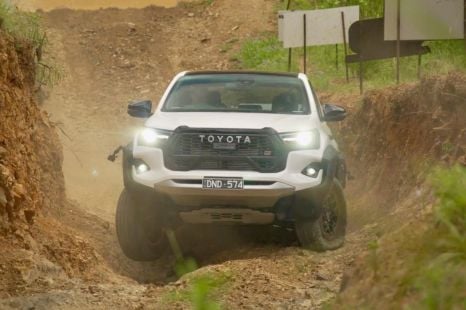

Ben Zachariah
Video: Off-road battle for Beer O’Clock Hill has automakers scrambling
3 Hours Ago
Volkswagen's new all-electric load-lugger has been spied testing in the Alps with its body almost completely undisguised.

News Editor
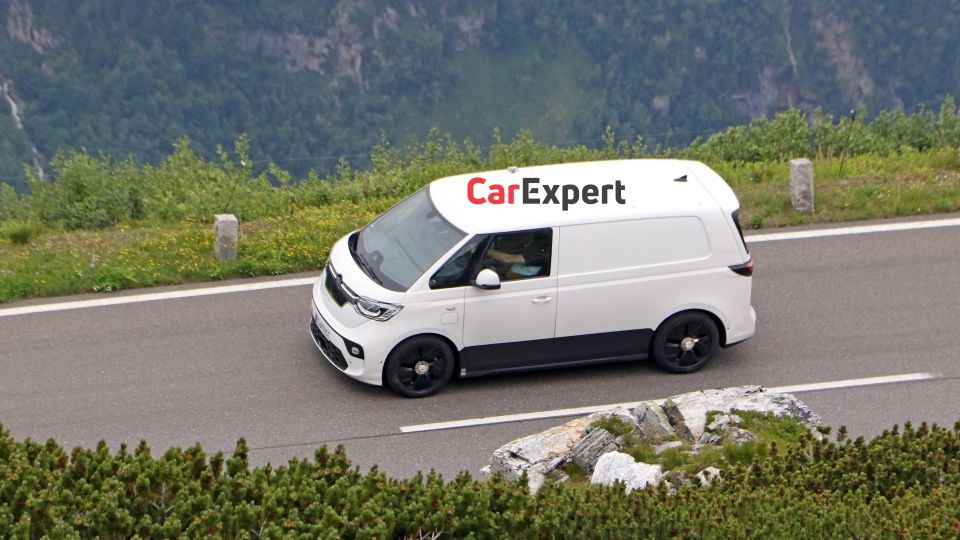

News Editor
Volkswagen’s all-electric cargo van has been spied testing in the Alps.
The ID Cargo is the load-lugging sibling to the upcoming ID Buzz, a latter-day, all-electric Kombi.
While the body is now almost entirely undisguised, Volkswagen is still trying to trick us into thinking this is a Renault or Opel with some clever camouflage at the front and rear.
The headlights, for example, have been made to appear bigger while it looks the tail lights have been made to appear smaller.
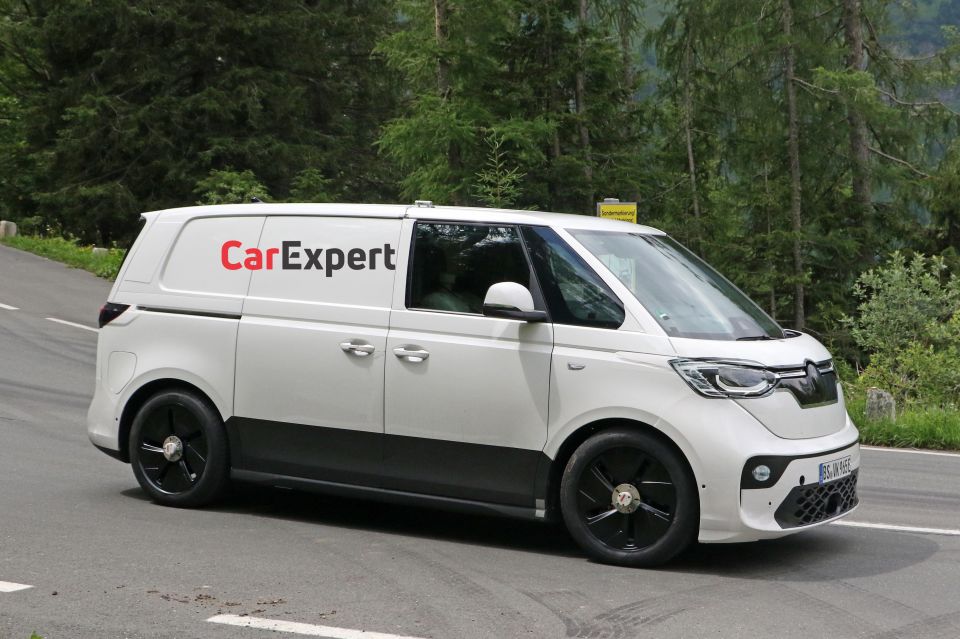
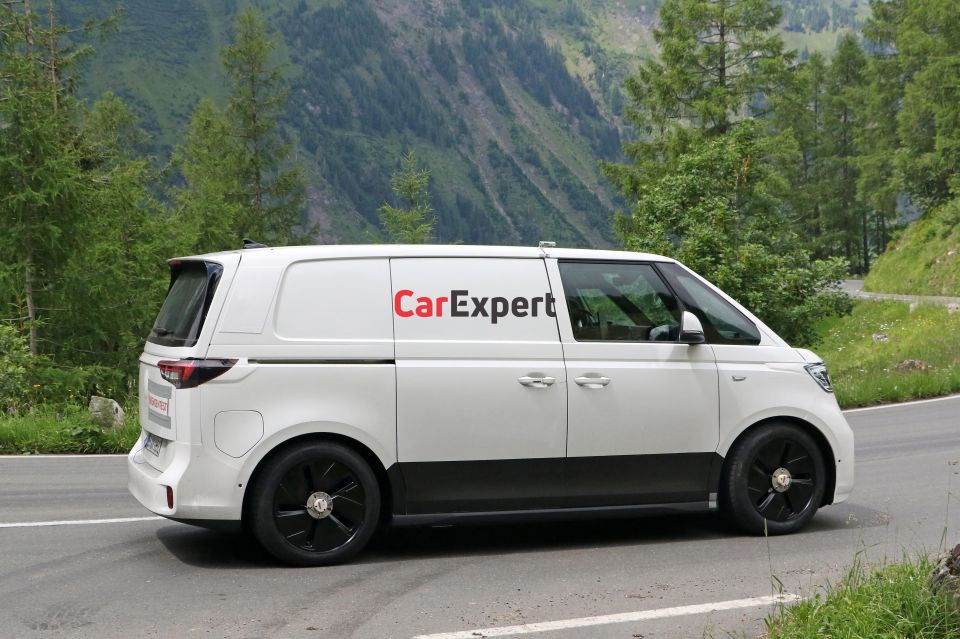
This is no Renault Trafic, though, with the ID Buzz and ID Cargo sharing the all-electric MEB architecture with the likes of the ID.4 crossover.
Volkswagen is no longer using modified Transporter bodies to test the new ID vans, and we can see the production body sits quite a bit lower than Volkswagen’s internal combustion engine-powered vans.
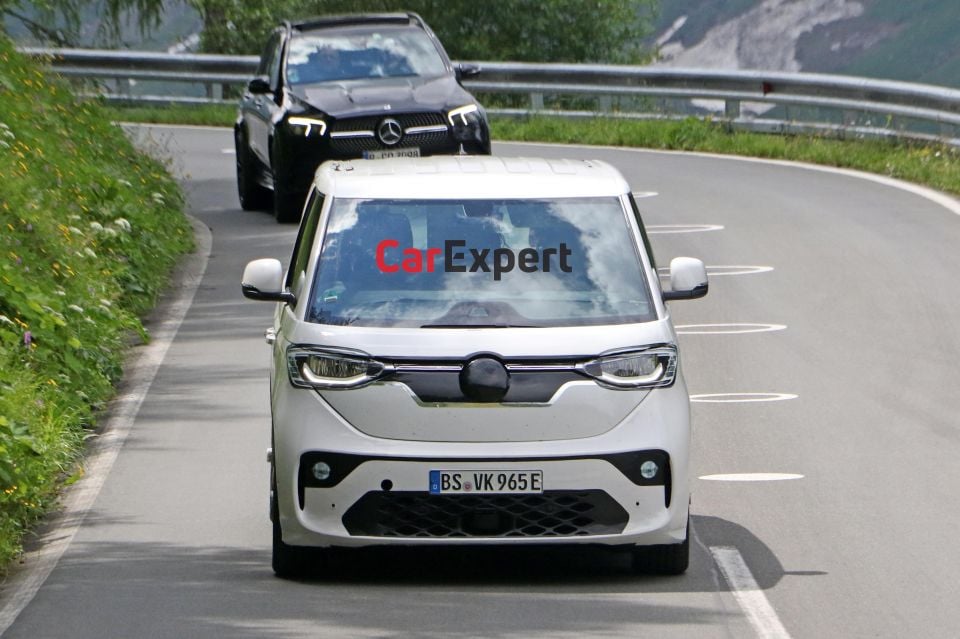
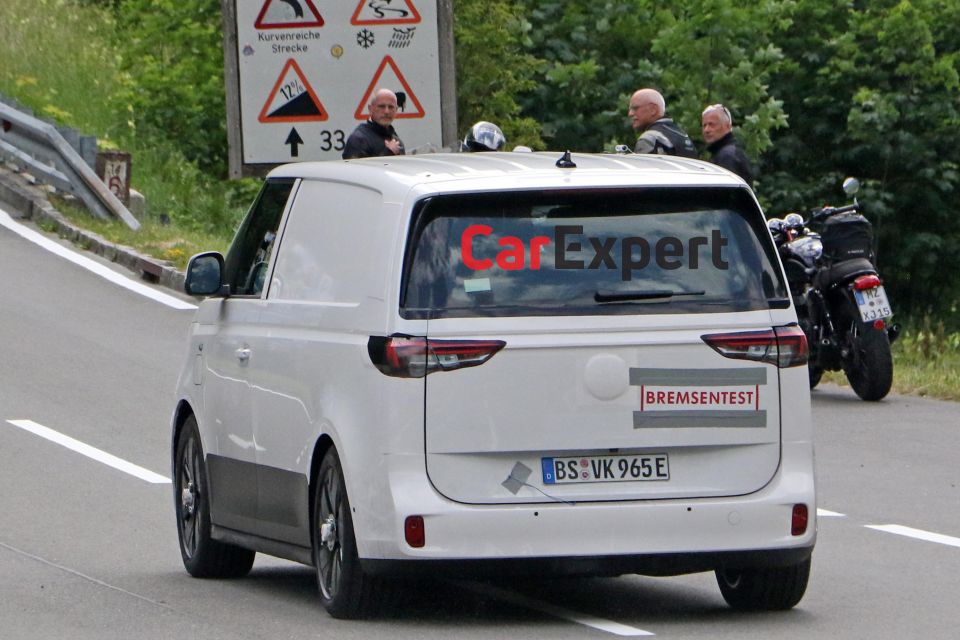
It is expected to have batteries ranging in capacity to 48 and 111kWh, with a targeted range of up to 550km on the stricter WLTP standard.
As with other ID models, it’ll be rear-wheel drive by default with dual-motor all-wheel drive available.
Volkswagen Australia says it wants to get its hands on the ID Buzz when it hits the market.
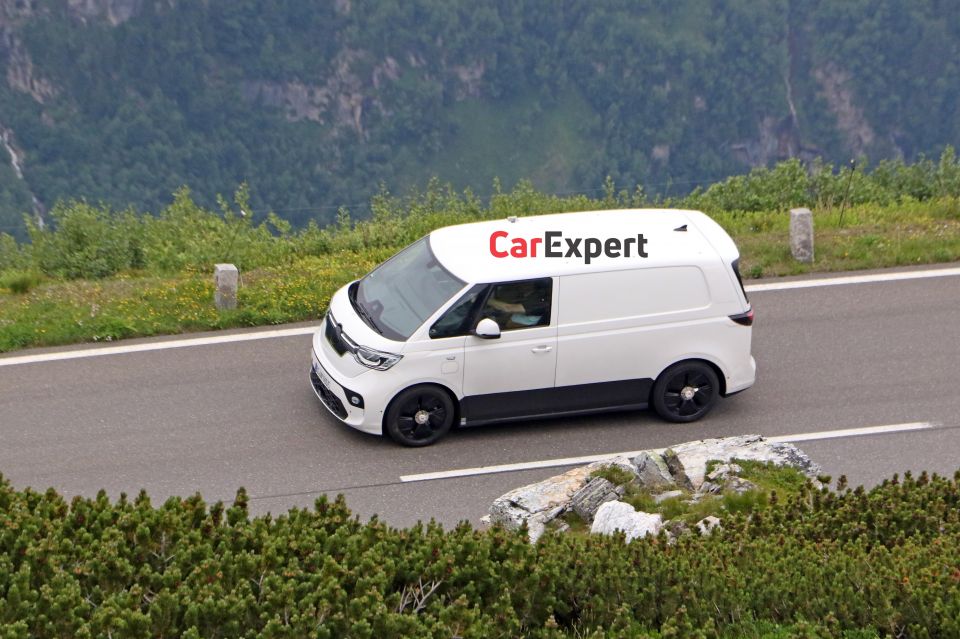
“Everybody in the business would love the ID Buzz,” said Nick Reid, Volkswagen Group Australia national marketing and product manager.
“To have the ID Buzz… would be very unique, but such a brand statement as well,” he said.
“We get so many calls from customers and celebrities, ‘can I have the first one?’, all that kind of stuff. That’s really exciting.”
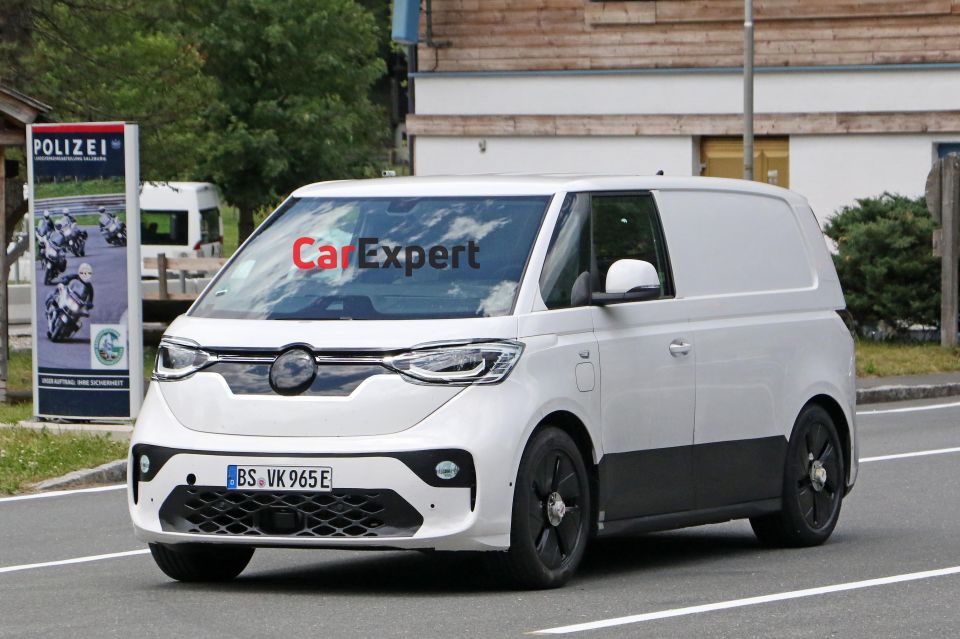
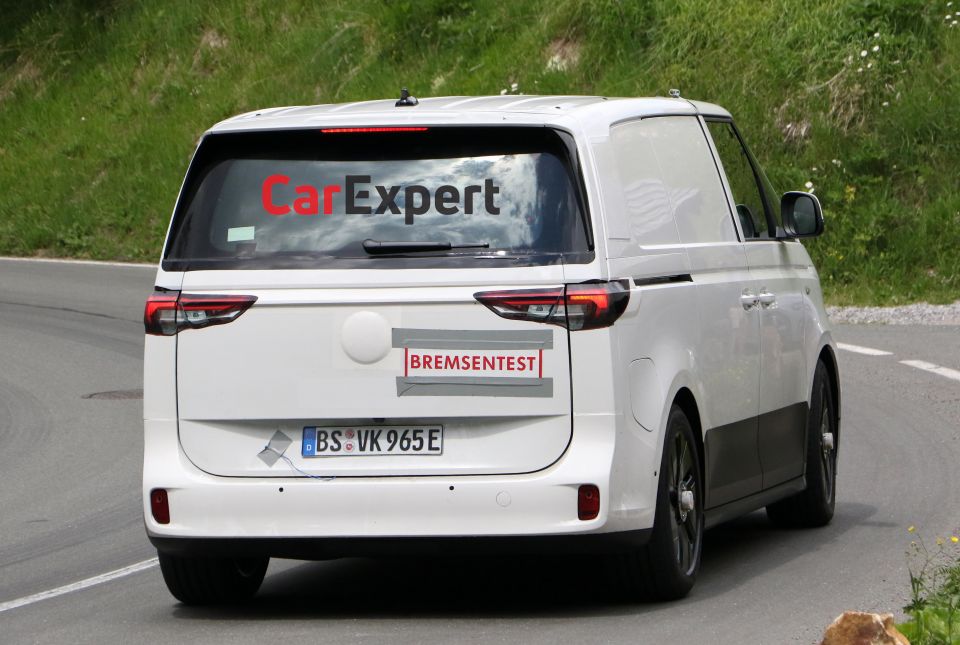
However, it’s not clear when the car could actually be coming Down Under.
VW Australia has previously said it will be 2023 or 2024 before we see the ID.4 SUV and ID.3 hatchback locally, as head office sends cars to markets where they can cut fleet emissions and help the brand avoid huge fines.
That problem extends to Volkswagen Commercial world, which is working in “exactly the same timeline”.
“We’re in exactly the same spot as passenger vehicles,” said Mr Reid.
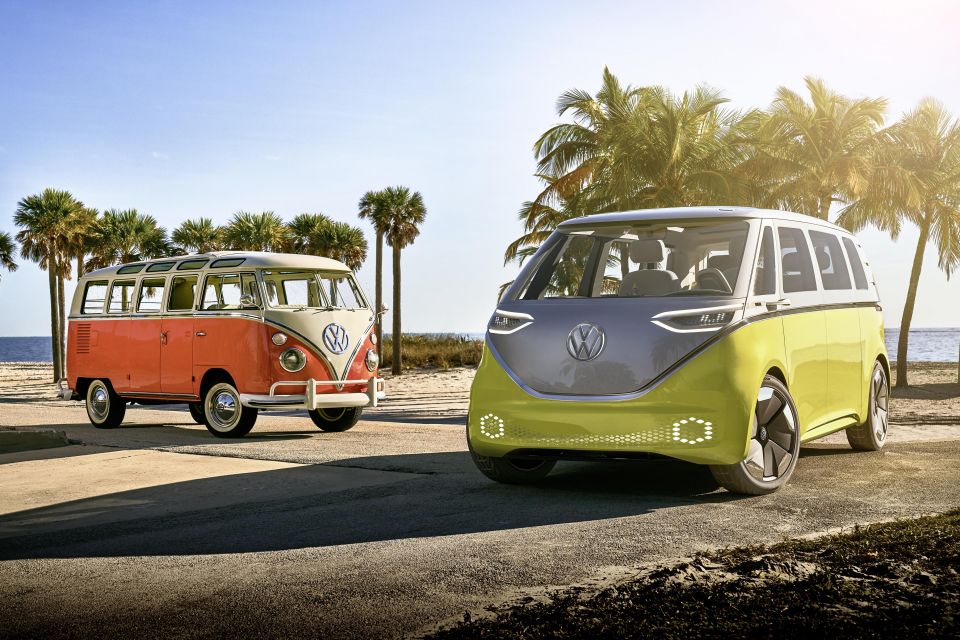
“At the end of the day, the platforms are all the same. The things driving demand in other countries are also going to pull through into the commercial segment, so we’re in exactly the same position.
“We’re fighting as hard as we can, and obviously lobbying at the same time. It’s good to see some common sense coming into the market, but we’ve still got a long way to go,” Mr Reid said.
Where expert car reviews meet expert car buying – CarExpert gives you trusted advice, personalised service and real savings on your next new car.
William Stopford is an automotive journalist with a passion for mainstream cars, automotive history and overseas auto markets.


Ben Zachariah
3 Hours Ago
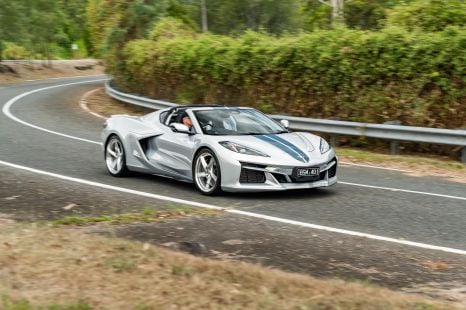

CarExpert.com.au
11 Hours Ago
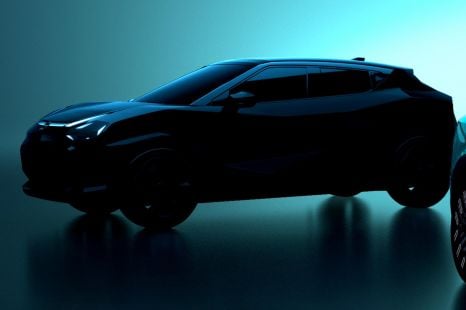

Damion Smy
1 Day Ago
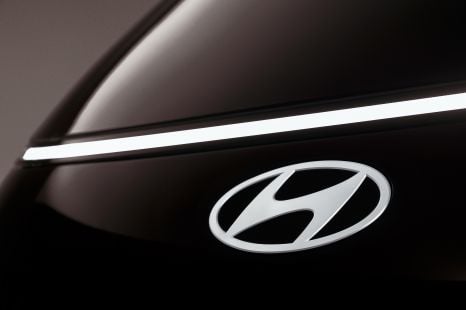

Damion Smy
1 Day Ago
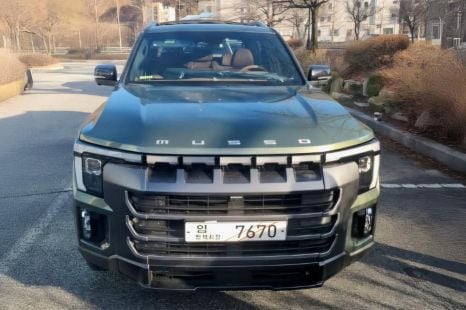

Damion Smy
1 Day Ago
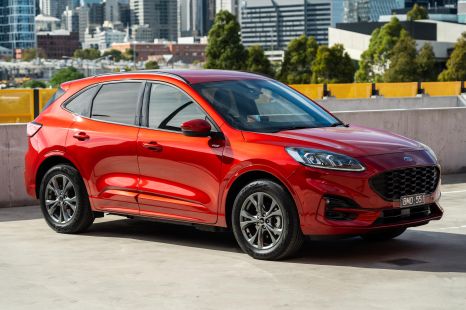

Damion Smy
1 Day Ago